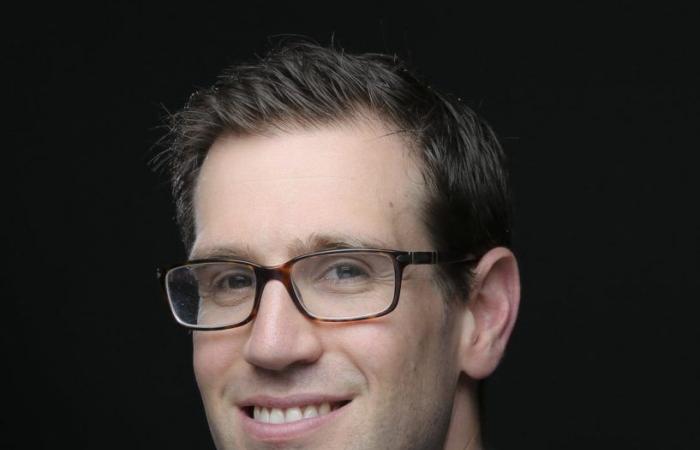TORONTO — Dr. Noah Ivers remembers at first thinking his baby was just having a bad cold. But when the boy started having trouble breathing, he had to be rushed to hospital.
Her infant actually had respiratory syncytial virus, or RSV, a common illness with often mild symptoms in children and adults. But in infants and the elderly, RSV is a leading cause of serious lower respiratory infections, which can lead to hospitalization.
Despite his medical knowledge, Dr. Ivers said seeing his baby with an oxygen mask left him feeling helpless. “The best we could do at that moment was hold him and hope,” says Dr. Ivers, who is both a primary care physician and a researcher at Women’s College Hospital. » from Toronto.
This episode occurred about nine years ago, he said, noting that there is still no antiviral treatment for RSV. It is therefore essential to protect infants against serious illnesses.
But until this year, babies in Canada only received an antibody drug that protects them against severe RSV if they were born prematurely or had other significant risk factors. For years, that antibody was palivizumab, which had to be administered monthly during RSV season to maintain immunity.
However, this fall and winter, Ontario, Quebec and Nunavut will offer the new monoclonal antibody nirsevimab, approved by Health Canada in spring 2023, to all babies going through their first RSV season. Unlike palivizumab, only one dose of nirsevimab is needed to provide protection throughout the fall and winter, when RSV circulates most widely.
Although they are given by injection, nirsevimab and palivizumab are not vaccines, which trigger the body’s immune system to develop antibodies and other defenses against a certain specific virus or bacteria. Rather, these products are already formed antibodies, which provide passive immunity against serious illness caused by RSV.
Recommended universal program
Last May, the National Advisory Committee on Immunization amended its guidelines to recommend “establishing a universal RSV immunization program for all infants” in Canada using nirsevimab, “given the burden of the significant disease that RSV represents for all infants and the impact of RSV on the Canadian health system.
Ontario, Quebec and Nunavut are the first to adopt this recommendation and offer free nirsevimab to all infants, a measure that Dr. Ivers welcomes “as a family physician and also as a parent who has experienced this situation.
“If there is anything you can do to prevent your child from being out of breath and seeing them with their ribs rising and falling, and you see them needing an oxygen mask – if you have something simple you can do to avoid this, please take advantage of it,” he says.
Other provinces and territories have not announced a universal RSV antibody program for this year. According to their websites, many continue to offer palivizumab, but only to premature and other high-risk infants.
In Ontario, “all infants up to 12 months of age and children up to 24 months of age who are at high risk of severe illness from RSV are eligible for vaccination,” the provincial health ministry’s website states.
Dr. Ivers says that starting this month, Ontario hospitals will offer nirsevimab to newborns. Doctors can also give the shot to infants at the same time as their routine vaccines at two and four months of age, he said.
In Quebec, all infants born April 2 or later this year will be eligible for nirsevimab, according to the website. It is unclear when injections will be available in this province.
Older babies who have health conditions that put them at higher risk of serious illness from RSV, including cystic fibrosis, lung and heart disease, may also receive nirsevimab during their second RSV season at Quebec.
Although infants born prematurely are at higher risk of becoming seriously ill from RSV, it is term infants who have made up the majority of hospitalizations each season, says Dr. Ivers, who has declared no affiliation or financial link with the manufacturers of monoclonal antibodies.
He also emphasizes that preventive treatment against RSV will also relieve the health system as a whole during this season of various respiratory viruses, such as seasonal flu and COVID-19.






